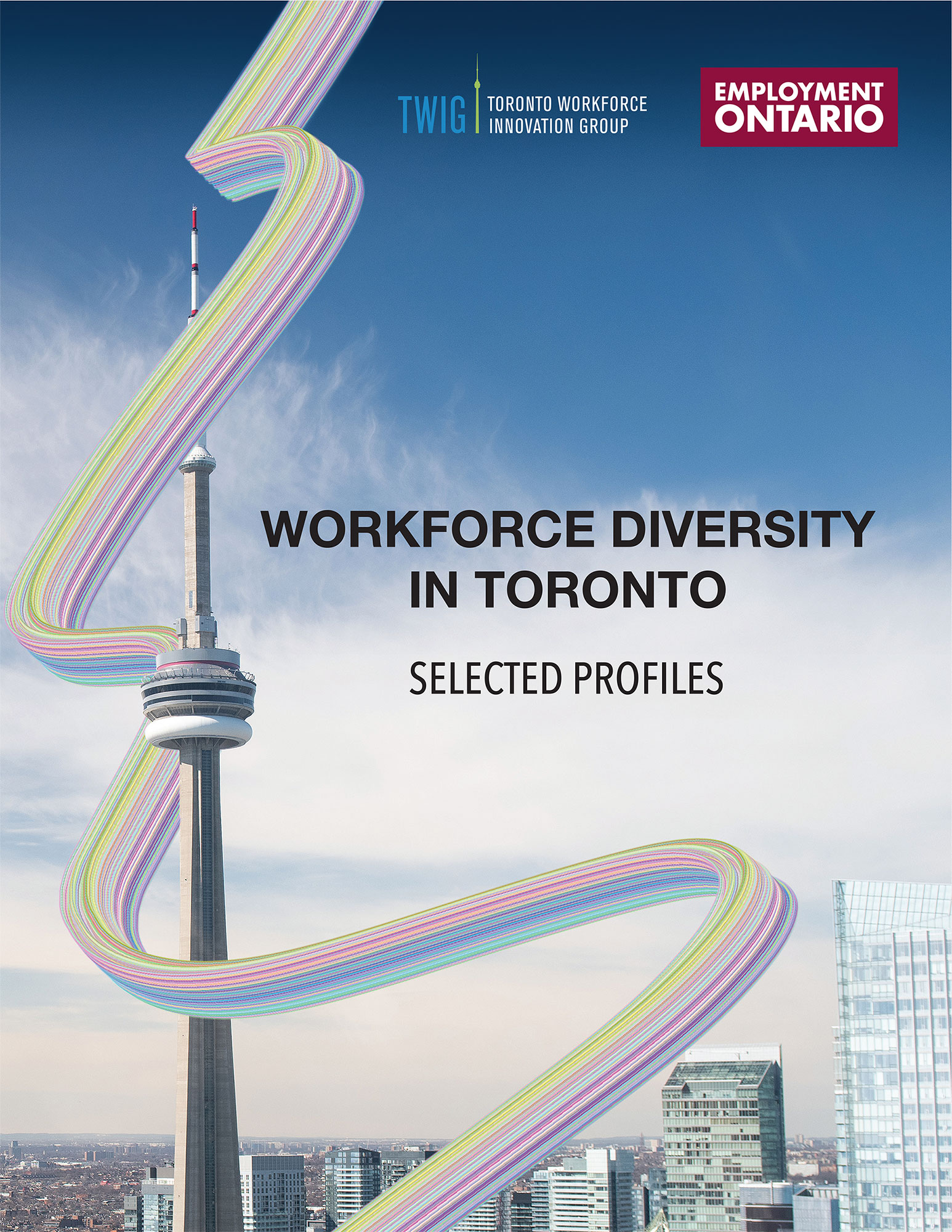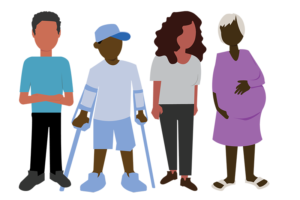Workforce Diversity Profiles
Black Workforce


Toronto has a thriving Black community, with people of African and Caribbean descent contributing to the city’s cultural fabric and economy. The 2021 Census indicated that over 442,015 people representing 36.9% of Canada’s Black population reported living in Toronto. Black people predominantly live in the western (old city of York) portion of the city, as well as the northwestern corners including Etobicoke, North York, and Scarborough to the east. While Toronto’s Black communities are adding their talents and assets to make the city stronger, more vibrant, and more successful; studies continue to show that anti-Black racism still has detrimental impacts on the life and work of Black people in our city.
Education
Black women and men are less likely to have graduated from university than their peers. In turn they are more likely to have a diploma or certificate from a community or private college. Echoing previous studies, challenges persist in respect to supporting Black males to complete high school.
Income
The average income of Black Torontonians is significantly lower than that for the total workforce. Nearly half (49.9%) of Black Torontonians make less than $40,000 per year (45.7% for workforce as a whole). This disparity highlights the challenges faced by Black families in terms of economic well-being.
Job by Industry
Black Torontonians are far more likely to work in the Health Care Sector and Transportation and Warehousing Sector.
Conversely, Blacks (both men and women) are substantially under-represented in both the Finance and Insurance Sector and in the Professional, Scientific and Technical Service Sector.
Final Thoughts
Despite the persistent challenges the Black population encounters, the Black population in both Toronto and Canada demonstrates resilience. While there has been an upward trend in education, employment, and income – more needs to be done.
As noted by the City of Toronto, “Confronting and removing barriers caused by anti-Black racism benefits all Torontonians, especially other Toronto communities experiencing racism and marginalization.”